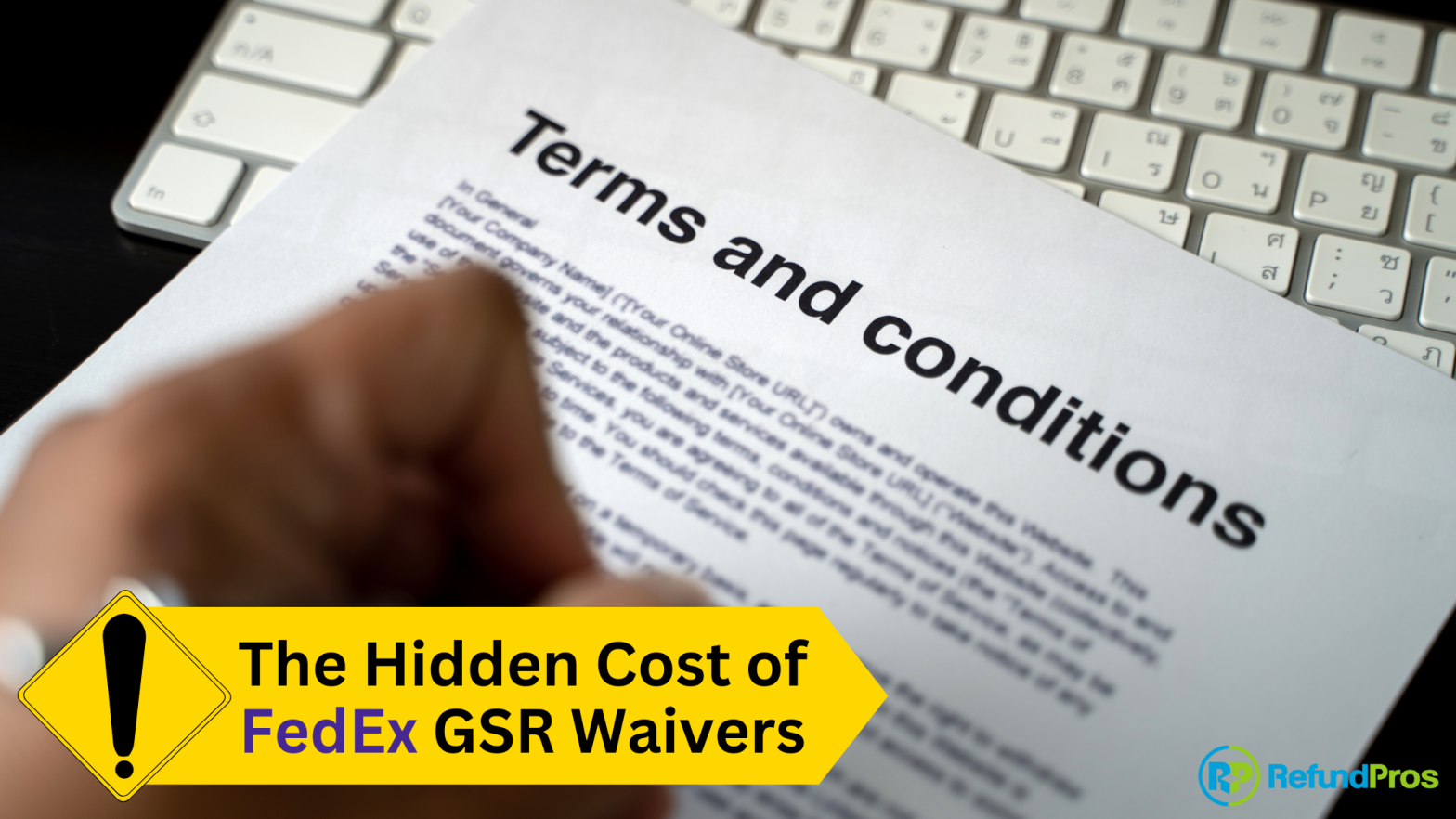In today’s globalized and interconnected world, efficient and reliable logistics services are essential for businesses to thrive. Companies heavily rely on shipping carriers to transport their goods and meet customer expectations. When negotiating new contracts with these parcel delivery providers, having access to comprehensive data on carrier performance, particularly in terms of late shipments, can be a valuable asset.
Enhancing Negotiation Power
Data on carrier performance, including the frequency and reasons for late shipments, empowers business with valuable insights and evidence to strengthen their negotiation position with logistics providers. Armed with this information, companies can highlight areas of concern and demand improved performance as part of their contract agreements. By showcasing specific instances of late shipments and their impact on business operations, companies can negotiate for better service guarantees, enhanced tracking capabilities, and stricter penalties for underperformance.
Identifying Areas of Improvement
Analyzing data on carrier performance allows businesses to identify patterns and bottlenecks within their supply chain. By examining late shipment data across multiple carriers, companies can pinpoint common issues that may arise in transit and take proactive measures to address them. For example, if delays often occur during a specific season or at specific locations, companies can collaborate with carriers to implement alternative routes, optimize scheduling, or allocate additional resources to ensure timely deliveries. This data-driven approach enables businesses to mitigate potential risks and maintain high service standards.
Benchmarking and Selecting the Right Carrier
The availability of comprehensive carrier performance data allows businesses to compare and benchmark the performance of various logistics providers. By evaluating carriers’ historical data on late shipments, delivery times, and customer satisfaction, companies can make informed decisions when selecting new partners or renegotiating existing contracts. Leveraging such data can aid businesses in identifying carriers that consistently meet their service level requirements, ensuring a seamless integration of logistics operations and minimizing disruptions within the supply chain.
Contractual Compliance and Accountability:
Integrating carrier performance data into contract negotiations creates a framework of accountability and encourages carriers to meet their contractual obligations. By explicitly including performance metrics in the contract, such as on-time delivery rates and penalties for late shipments, businesses can establish a clear standard for service excellence. Additionally, the availability of real-time data and analytics enables companies to monitor carrier performance throughout the contract period and take appropriate action if service levels fall below the agreed-upon benchmarks. This proactive approach promotes transparency and fosters a mutually beneficial partnership between businesses and logistics providers.
Continuous Improvement and Collaboration
Data on carrier performance not only benefits businesses but also encourages carriers to improve their operations. Armed with performance metrics and customer feedback, logistics providers can identify areas for improvement, streamline their processes, and enhance service quality. Collaborative discussions between businesses and carriers, supported by data-driven insights, can drive innovation and foster a culture of continuous improvement within the logistics industry.
Data on carrier performance, particularly regarding late shipments, is a valuable tool that businesses can utilize during contract negotiations with logistics providers. Leveraging this data empowers companies to enhance their negotiation power, optimize their logistics operations, ensure customer satisfaction, and maintain a competitive edge in an increasingly interconnected global marketplace.
Accessing this data might not be as easy, which is why having a comprehensive auditing partner, like RefundPros, helps companies recover money and increase their revenue in more than one way. Through RefundPros RPCustomer portal, customers can access live reports with relevant information, including frequency of late shipments and user friendly reports to compare and analyze carrier data.






